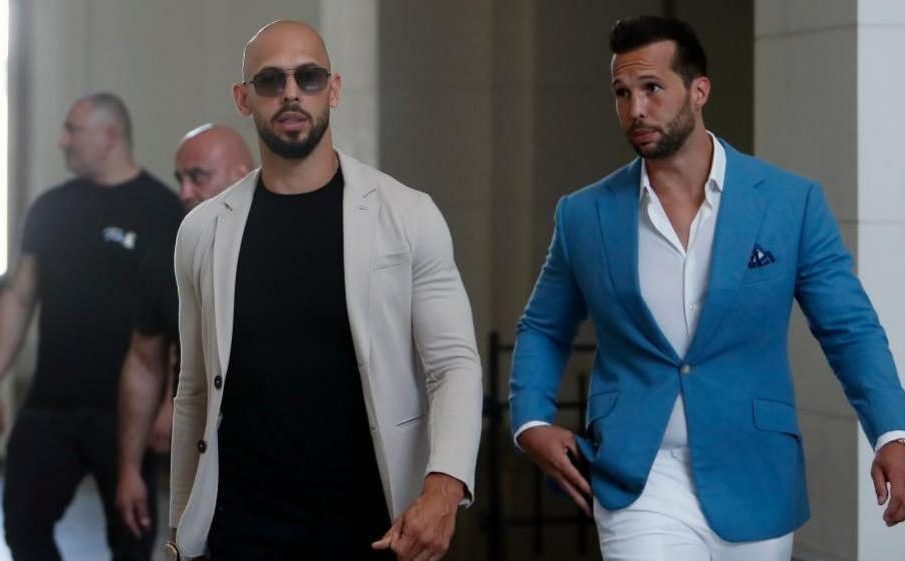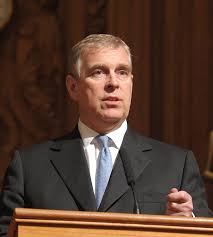Latest Developments on Andrew and Tristan Tate

Introduction
Andrew and Tristan Tate, both former professional kickboxers turned social media personalities, have garnered significant attention in recent years. Their controversial statements and business practices have sparked debates around masculinity, modern relationships, and entrepreneurship. As they navigate various legal challenges, the relevance of their situation extends beyond personal troubles, reflecting broader societal conversations about influencers and accountability.
Recent Legal Challenges
Andrew and Tristan Tate gained notoriety primarily through their online platforms, where they have promoted a lavish lifestyle alongside contentious views on gender roles. However, their legal troubles escalated in April 2023, when Romanian authorities arrested them as part of a human trafficking investigation. The duo was accused of forming an organised crime group to exploit women, which they have consistently denied.
As of October 2023, the Tates remain embroiled in legal proceedings with the Romanian judicial system. Reports indicate that their appeal against the detention extended into new investigations, raising questions about the extent of their operations and the implications for their followers. This legal battle has received extensive media coverage, polarising public opinion.
Media Manipulation and Public Perception
The arrest and ongoing investigation have ignited discussions regarding the responsibility of influencers in shaping public narratives. The Tates have previously used social media to build a brand that prides itself on confidence and success, often disregarding accepted social norms. Critics argue that their influence may promote harmful stereotypes and behaviours among impressionable audiences.
Furthermore, Andrew Tate’s outspoken views on women, relationships, and success frequently attract controversy, leading to calls for platforms to reconsider their policies regarding harmful content and misinformation. This conversation has significant implications for social media regulations and influencer accountability.
Conclusion
The ongoing case against Andrew and Tristan Tate highlights the complexities of influencer culture and the responsibilities that come with it. As they face serious allegations, it remains to be seen how this scenario will unfold and what precedents it may set for social media stars moving forward. For their supporters, the Tates remain symbols of resistance against societal expectations, while for many critics, they epitomise the concerning aspects of unchecked social media influence and its impact on society. Observers wait to see how both the Tates’ legal circumstances and public perception evolve in the coming months.









